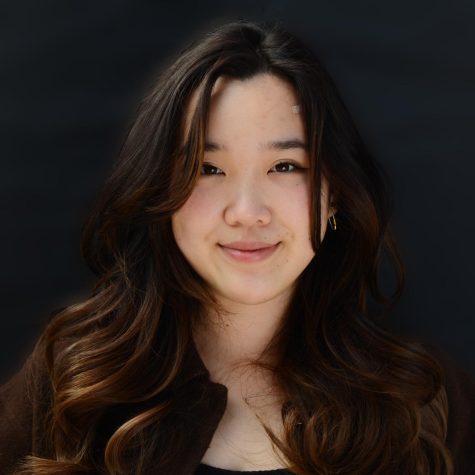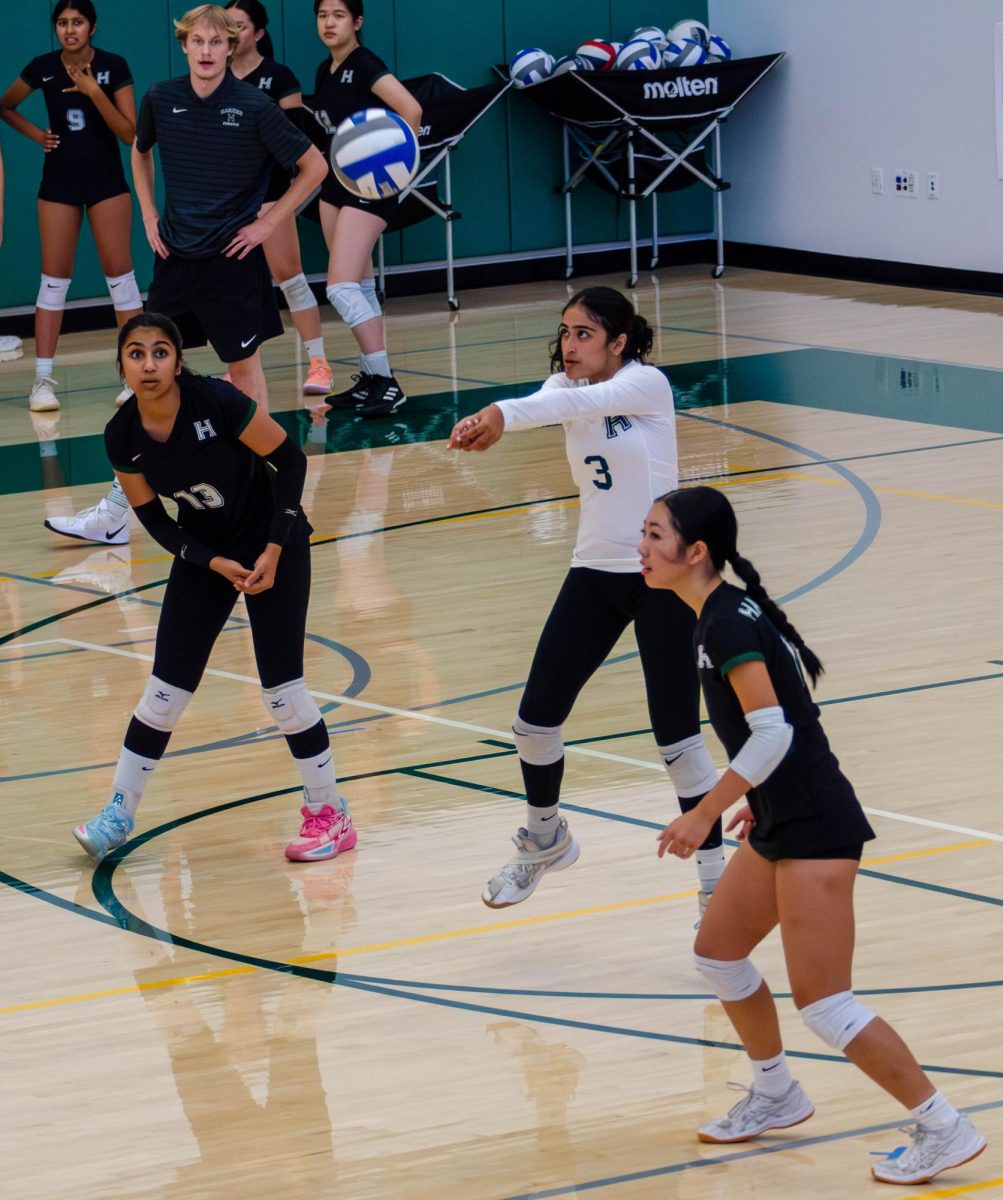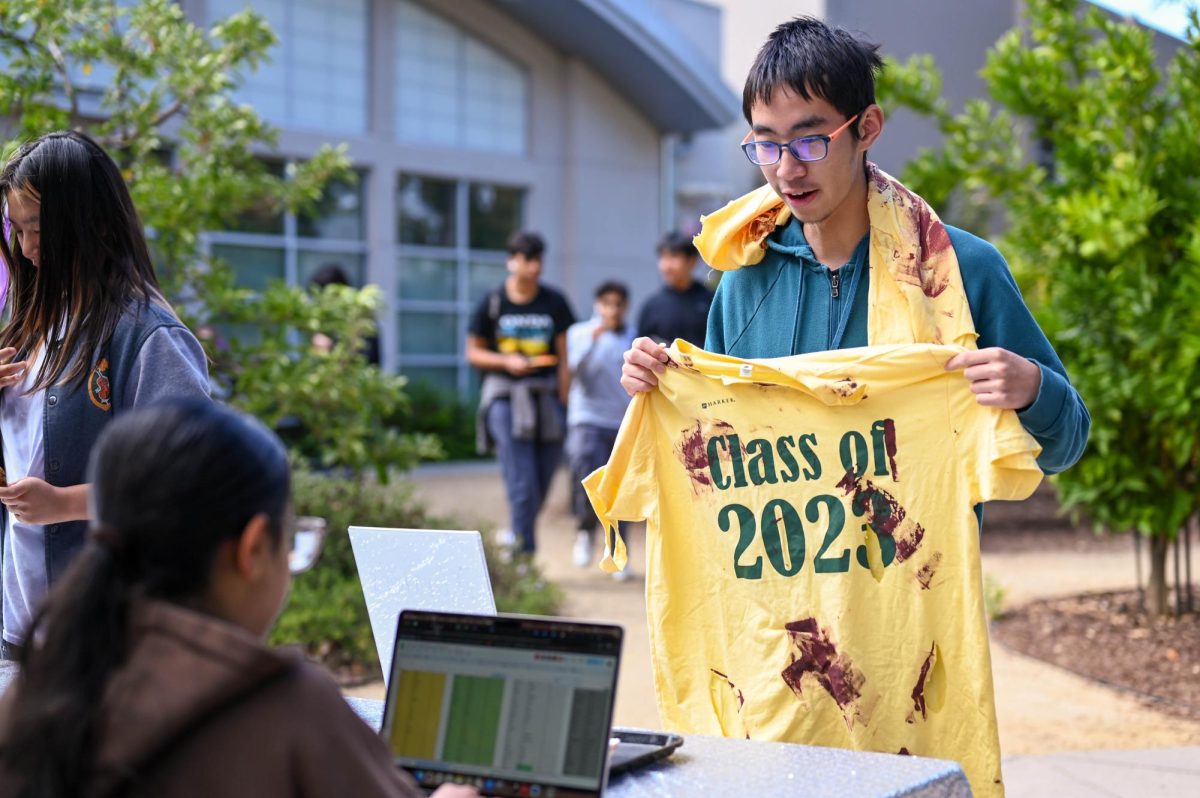Talk around campus: Community response to U.S. Capitol riots
January 8, 2021
Pro-Trump supporters gathered in mobs outside the walls of Capitol Hill, responding to Trump’s “Save America” rally on Jan. 6. With no regard for security measures, the rioters then broke into the Capitol, leaving an unprecedented path of destruction. Here is how the upper school community reacted to the attack.
This talk around campus addresses how the situation has impacted both students and teachers, how they believe America can move forward from this moment and what they wish they could say to the community and to the nation.
What was your initial reaction to the riots at the U.S. Capitol?
“My reaction was, absolutely, go turn the TV on and see what the reality really is. And then it just turned to just shock, that this cannot possibly be real, and then [to] just kind of a weird combination of sadness and anger,” upper school history teacher Mark Janda said.
“I grew up just outside of D.C., and so this is a place that I’ve spent a lot of my life, I spent summers working there,” upper school history teacher Katy Rees said. “I have close friends and family who did and still work in that area and in the Capitol itself. And I’m a history and government teacher, and so to see the institution being treated in that way, to see a place that is sacred to our democracy being treated so lightly, that is just incredibly sad, and, you know, the frustration, the anger, all of that, to see that as a response from my own fellow countrymen is disheartening. But also, it wasn’t something that was entirely surprising, and that is where the deeper sadness comes from.”
“I am an institutionalist, so I believe that, at its core, America is one that requires respect for our democracy and for our legal process, and I just feel that it’s really sad to hear that some people, instead of resolving political disagreements through reason and dialogue, want to resolve political disagreements through force,” Deven Shah (11) said.
“It was very surreal,” Director of Student Organizations Eric Kallbrier said. “I didn’t fully know what was happening at that point, and as the day continued, it was very disappointing and very saddening to see just how divided our nation has become, to the point where American citizens were willing to attack their own center of government in order to get their point across. It was not the right way to do it. It was destructive and antithetical to our way of life. However, later in the day, listening to many of the senators speak and changing their views due to an understanding of what needed to happen to bring our country back together, restored a bit of faith for me in our system of government and our leaders’ ability to put the country first and do what’s right, rather than what’s expedient for their own personal gain.”
What will it take for America to move forward from this moment?
“America’s super divided right now, and I think what we should do is work on accepting each other’s different political standpoints, because election is over, people voted, and rioting will not change the votes,” Carol Song (9) said.
“It raises a really prominent question for citizens: to what extent is our government willing to go to protect us and to protect our rights and our values?” Annmaria Antony (10) said. “And that creates a lot of mistrust. I don’t think that people can really move on from this in a way that one would just forgive and forget. We have to know that the fight is far from over. There’s underlying anger between different kinds of people, and it’ll take a long time for us to heal and for us to regain that trust in our government. It takes a lot more than just a few months in a new presidency to undo all the damage that was done and for our citizens to be able to trust the authority of our country and each other once again.”
If you had a podium to speak to America right now, what would you say?
“This is probably one of the most polarized moments for America since the Civil War. There’s so many divisions and differences in the core American experience. At this point, it’s really important that [we] find some way to unify,” Andy Lee (12) said.
“I say in class all the time, everyone’s entitled to their own opinion, but everyone’s not entitled to their own facts,” Janda said. “We have to somehow get back to a news media that responsibly reports factual information, and as consumers of the media, we have to insist on that. We have to do a better job insisting that our media tell us the truth, things like the Fairness Doctrine, and bringing that back in. The preponderance of for profit media really hurts that. So we have to find a way to get our information better, we have to find a way to teach information literacy better. I personally think that we have somebody who is unstable in the most powerful position on earth, and that is potentially very dangerous. And again, regardless of politics, it’s about stability. It’s about morality. It’s about stable decision-making in recognizing the power of a person’s words.”
“[It’s] gotten to a point where we like to respond to individual events with horror and outrage and Instagram memes, and then we move on to the next,” Rees said. “It’s really important as a society that we start to value information and learning and depth and nuance and perspective, a whole lot more than we do. It gets increasingly hard in a fast-paced world where we can get information quickly for us to take time and have thoughtful deliberation.”
Additional reporting by Isha Moorjani.


















![“[Building nerf blasters] became this outlet of creativity for me that hasn't been matched by anything else. The process [of] making a build complete to your desire is such a painstakingly difficult process, but I've had to learn from [the skills needed from] soldering to proper painting. There's so many different options for everything, if you think about it, it exists. The best part is [that] if it doesn't exist, you can build it yourself," Ishaan Parate said.](https://harkeraquila.com/wp-content/uploads/2022/08/DSC_8149-900x604.jpg)




![“When I came into high school, I was ready to be a follower. But DECA was a game changer for me. It helped me overcome my fear of public speaking, and it's played such a major role in who I've become today. To be able to successfully lead a chapter of 150 students, an officer team and be one of the upperclassmen I once really admired is something I'm [really] proud of,” Anvitha Tummala ('21) said.](https://harkeraquila.com/wp-content/uploads/2021/07/Screen-Shot-2021-07-25-at-9.50.05-AM-900x594.png)







![“I think getting up in the morning and having a sense of purpose [is exciting]. I think without a certain amount of drive, life is kind of obsolete and mundane, and I think having that every single day is what makes each day unique and kind of makes life exciting,” Neymika Jain (12) said.](https://harkeraquila.com/wp-content/uploads/2017/06/Screen-Shot-2017-06-03-at-4.54.16-PM.png)








![“My slogan is ‘slow feet, don’t eat, and I’m hungry.’ You need to run fast to get where you are–you aren't going to get those championships if you aren't fast,” Angel Cervantes (12) said. “I want to do well in school on my tests and in track and win championships for my team. I live by that, [and] I can do that anywhere: in the classroom or on the field.”](https://harkeraquila.com/wp-content/uploads/2018/06/DSC5146-900x601.jpg)
![“[Volleyball has] taught me how to fall correctly, and another thing it taught is that you don’t have to be the best at something to be good at it. If you just hit the ball in a smart way, then it still scores points and you’re good at it. You could be a background player and still make a much bigger impact on the team than you would think,” Anya Gert (’20) said.](https://harkeraquila.com/wp-content/uploads/2020/06/AnnaGert_JinTuan_HoHPhotoEdited-600x900.jpeg)

![“I'm not nearly there yet, but [my confidence has] definitely been getting better since I was pretty shy and timid coming into Harker my freshman year. I know that there's a lot of people that are really confident in what they do, and I really admire them. Everyone's so driven and that has really pushed me to kind of try to find my own place in high school and be more confident,” Alyssa Huang (’20) said.](https://harkeraquila.com/wp-content/uploads/2020/06/AlyssaHuang_EmilyChen_HoHPhoto-900x749.jpeg)











